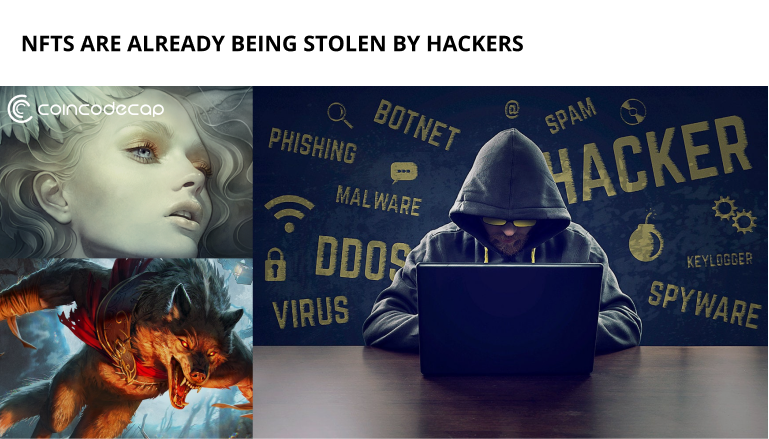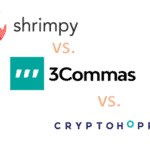Key takeaways:
- Artists are seeing their work appear in NFTs that they did not create.
- Non-fungible tokens (NFTs), the blockchain-based art credentials that provide a customer initial ownership over a digital work of art, have already been stolen by hackers.
- Despite a fraud detection tool, NFT theft continues to plague DeviantArt.

Hackers have already started stealing non-fungible tokens (NFTs), blockchain-based art credentials that grant consumer-first ownership over a digital piece of art, according to Motherboard.
In a tweet, marketing freelancer Michael Miraflor said, “Someone took my NFTs today on @niftygateway and purchased $10K++ worth of today’s drop without my knowledge.” “NFTs were then moved to a different account.” I strongly urge everyone to check their accounts as soon as possible.”
Nifty Gateway is an “exclusive digital art portal” that allows users to purchase “Nifties,” which are limited-edition NFTs sold on their platform.
DeviantArt said a few months ago that it was working on an NFT theft AI system that would recognize artwork from the site on NFT markets such as OpenSea and Axie Marketplace.
All DeviantArt Core members, as well as the DeviantArt artist membership system, have access to this system. For all tiers of membership, NFT scanning is unrestricted across blockchain markets, with an alert notifying the DeviantArt artist when similar work is identified for sale as an NFT. It’s also worth noting that this tool was created in collaboration with DeviantArt and OpenSea.
Twitter user @akreon_ accused OpenSea of displaying stolen artwork from their DeviantArt website when the system was launched in September. If you’re wondering why there’s so much fuss, it’s because this is a case of copyright infringement crossed with art theft.
However, the site’s security procedures appear to be inadequate.
Several other Nifty Gateway customers said their accounts had been stolen as well. One user tweeted, “My entire account was just hacked and the guy who got in wasn’t even booted after resetting my password?”
The company was aware of the fraudulent behavior, according to a Nifty spokeswoman who talked with Motherboard. The impacted customers didn’t have two-factor authentication enabled, according to the organization, and “access was achieved via genuine account credentials.”
The NFTs were first sold “through transactions arranged over Discord or Twitter,” according to Nifty, which is a technique the firm does not support.
The NFT craze has swept the art world, allowing anyone to sell or acquire only digital pieces of art, whether they’re live burnings of genuine artwork or just tweets.
Last week, a piece by artist Beeple was sold for $69 million at Christie’s, the world’s most prestigious art auction house.
It’s a bad look for a technology that prides itself on its security. These occurrences, on the other hand, appear to be the result of hackers taking advantage of weak security procedures.









